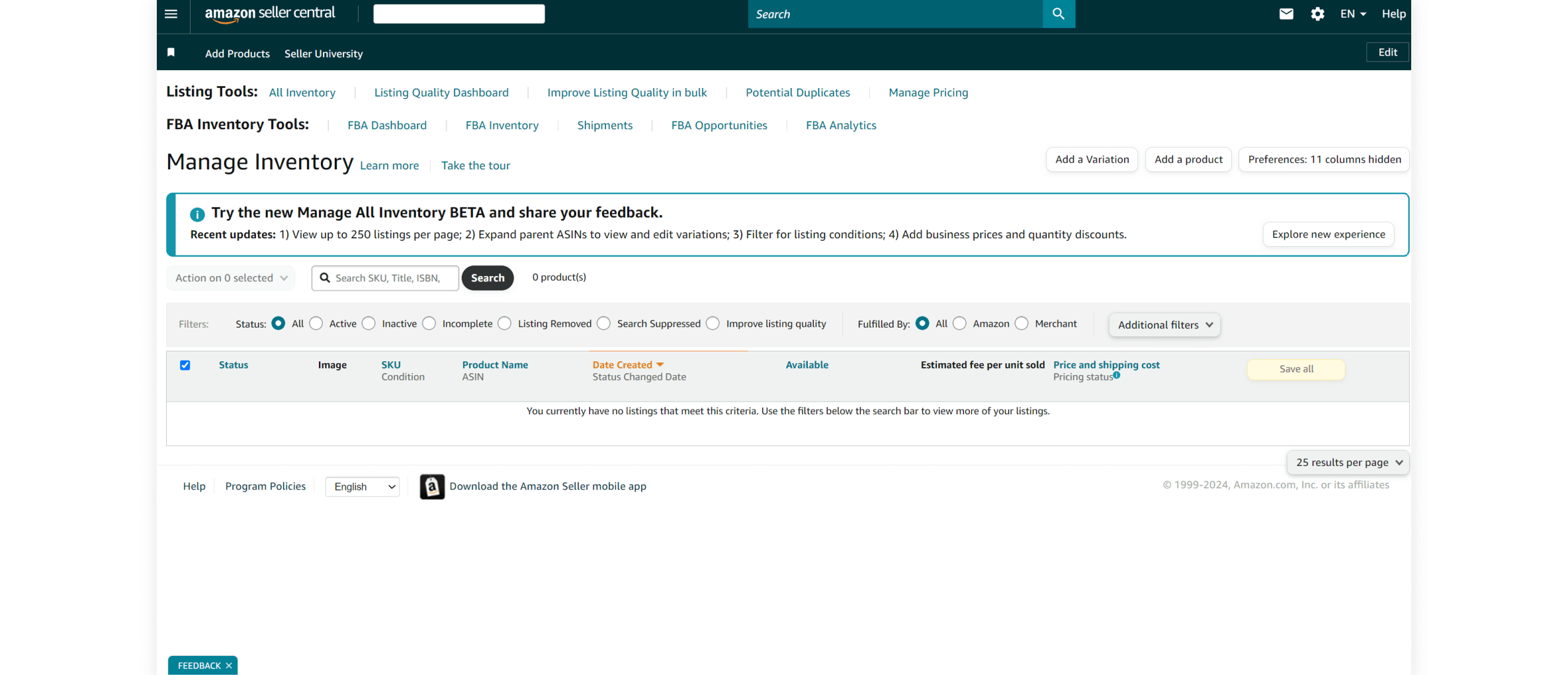🚨 Urgent FBA Update: Submit your claims by March 31, 2025 to secure maximum refunds

Learn the different types of Amazon FBA audits and how they can help you recover lost revenue and improve your business operations. Discover key strategies and tools to streamline your audit processes.
Table of Contents:

As an Amazon seller, understanding the intricacies of Amazon FBA audits is essential for maintaining profitability and operational efficiency. FBA audits help identify discrepancies that may entitle you to reimbursements, optimize inventory management, and ensure compliance with Amazon's policies. This article delves into the various types of Amazon FBA audits, offering insights into how they work and why they are crucial for your business.
Understanding the various types of Amazon FBA audits is crucial for effectively managing your business operations and maximizing profitability. Each type of audit targets specific aspects of your FBA account, from inventory management to fee assessments and customer returns. By knowing the different audit types, you can identify specific discrepancies more efficiently and take targeted actions to recover lost revenue. Moreover, a comprehensive understanding of FBA audits helps in maintaining compliance with Amazon's policies, preventing potential penalties, and ensuring that your business operates smoothly and profitably.
• Gather inventory reports from Amazon Seller Central.
• Compare your records with Amazon’s to identify discrepancies.
• Document any discrepancies and gather evidence.
• File claims for reimbursements through Amazon Seller Central.
• Collect fee preview and transaction reports.
• Verify the accuracy of fees charged against your product dimensions and weights.
• Document any overcharges and submit reimbursement claims.
• Review customer return reports and transaction records.
• Identify discrepancies where refunds were issued without product returns.
• Gather necessary documentation and file claims for reimbursement.
• Obtain shipping and receiving reports.
• Check for inconsistencies in shipment records.
• Document discrepancies and submit claims for lost or damaged goods.
• Regularly review Amazon’s policy updates.
• Ensure all business operations and listings comply with the latest policies.
• Rectify any identified compliance issues promptly.

• Increased Revenue: Recover funds lost due to discrepancies.
• Better Inventory Management: Maintain accurate inventory records.
• Compliance: Ensure adherence to Amazon’s policies.
• Enhanced Profitability: Optimize your profit margins by reclaiming owed funds.
Understanding and performing various types of Amazon FBA audits are crucial for optimizing your business operations and maximizing profitability. Each audit type addresses specific areas where discrepancies might occur, enabling you to target and resolve issues more effectively. Integrating advanced tools like Refully into your auditing process can significantly enhance your efficiency by automating the identification and recovery of funds. Regular audits not only help reclaim lost revenue but also improve your inventory management and ensure compliance with Amazon’s policies. By staying proactive with your audits, you can maintain financial accuracy and achieve sustained success as an Amazon seller.